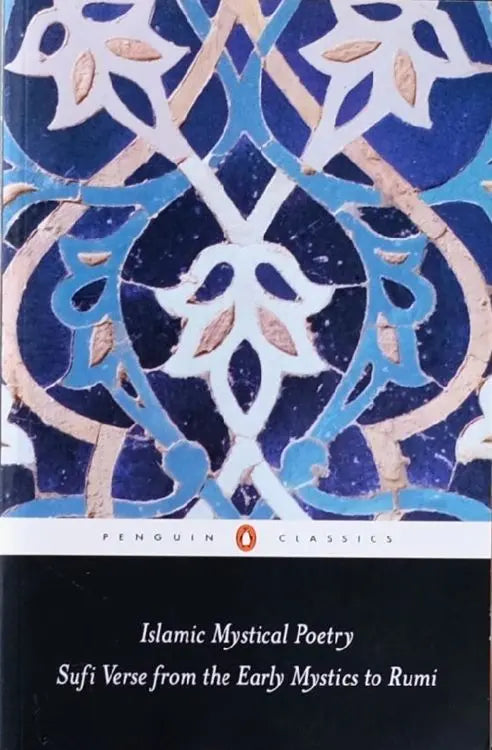About The Book
Sufism is the mystical dimension of Islam. Poetry has been the most powerful vehicle for conveying Sufi ideas from the early flowering of mystical Islam in Baghdad to the later heights that it reached through Jalaluddin Rumi (d.1273) and Jami (d.1492) in Iran.
Starting with the writings of early Mystics Hasan Al Basri(d728), Rabia Basri (d801) Al Hallaj and Shibli from 9th century AD Baghdad we will move to the 12th Century with Ibn Arabi in Spain and Ibn Farid of Cairo, to the Maghrib of Abul Ala Al Maari, then to the Persia of , Attar and Rumi, Araqi and Jami, Maghrabi, Yunus Emre of Turkey (d.1321), Mir, Kabir and many other great mystic poets.
Written from the ninth to the twentieth century, these poems represent the peak of Islamic Mystical writing, from Rabia Basri to Mian Mohammad Baksh. Reflecting both private devotional love and the attempt to attain union with God and become absorbed into the Divine, many poems in this edition are imbued with the symbols and metaphors that develop many of the central ideas of Sufism: the Lover, the Beloved, the Wine, and the Tavern; while others are more personal and echo the poet's battle to leave earthly love behind.
These translations capture the passion of the original poetry and are accompanied by an introduction on Sufism and the common themes apparent in the works. This edition also includes suggested further reading.
About The Author
Mahmood Jamal is the editor of The Penguin Book of Modern Urdu Poetry as well as the author of several volumes of his own poetry.
show more

